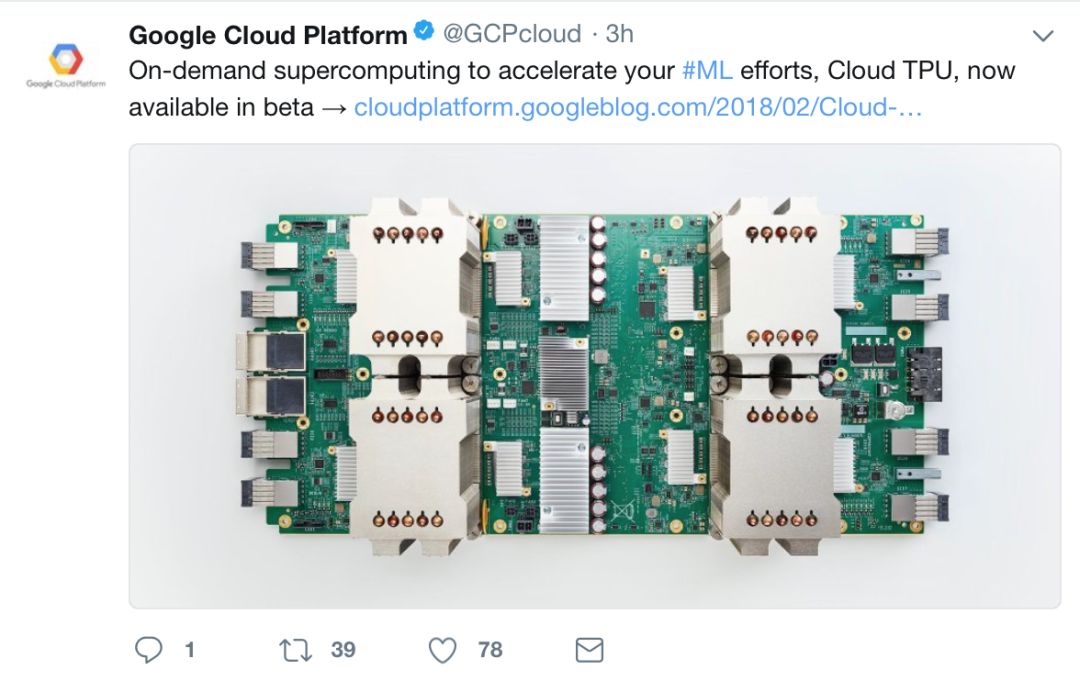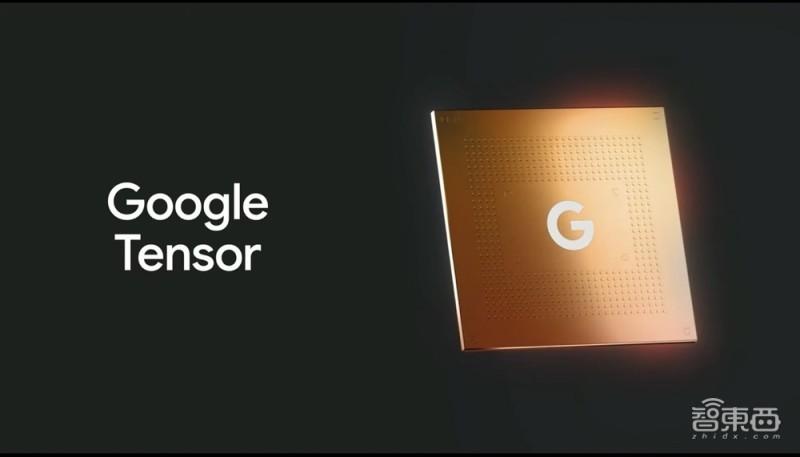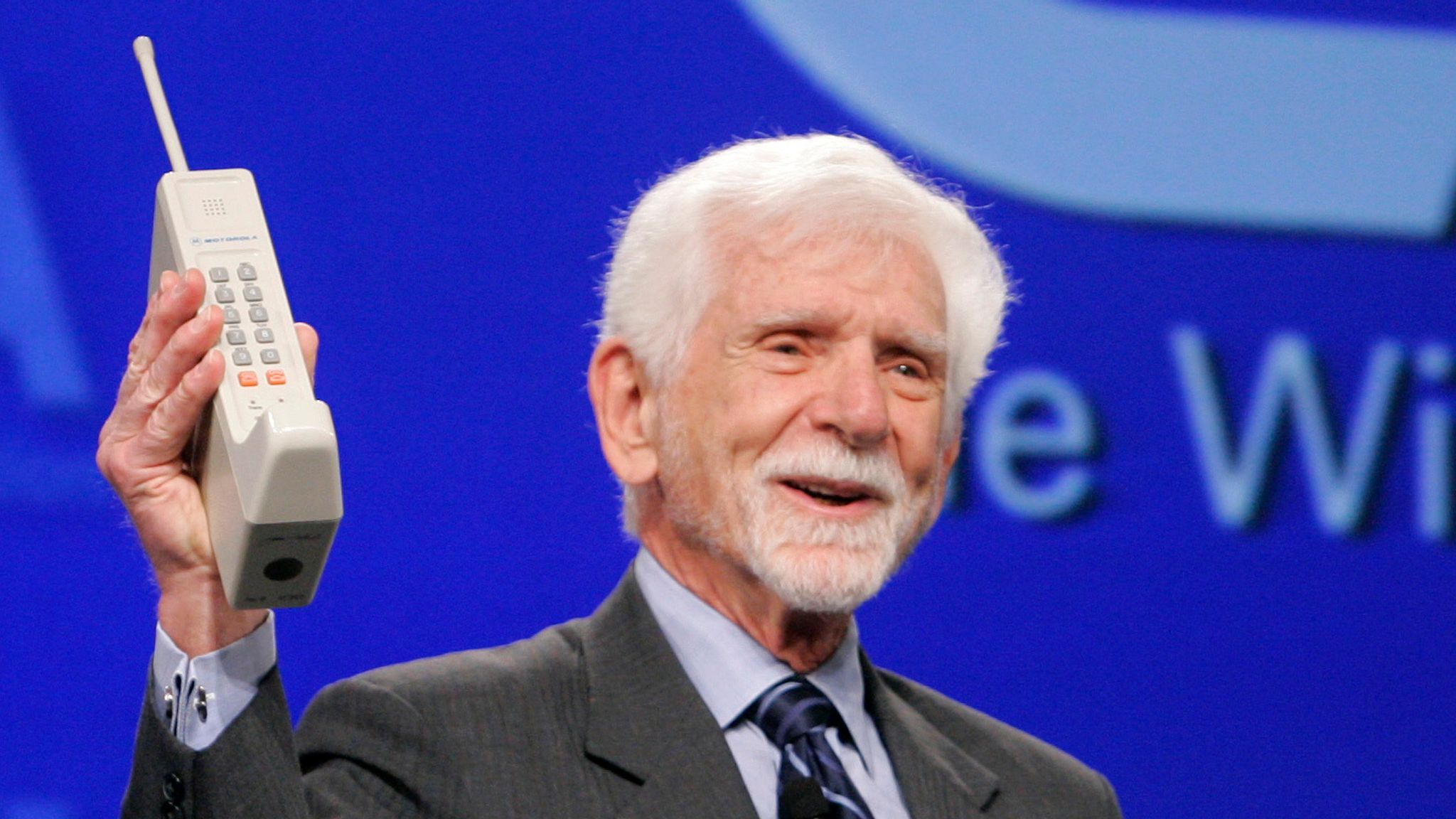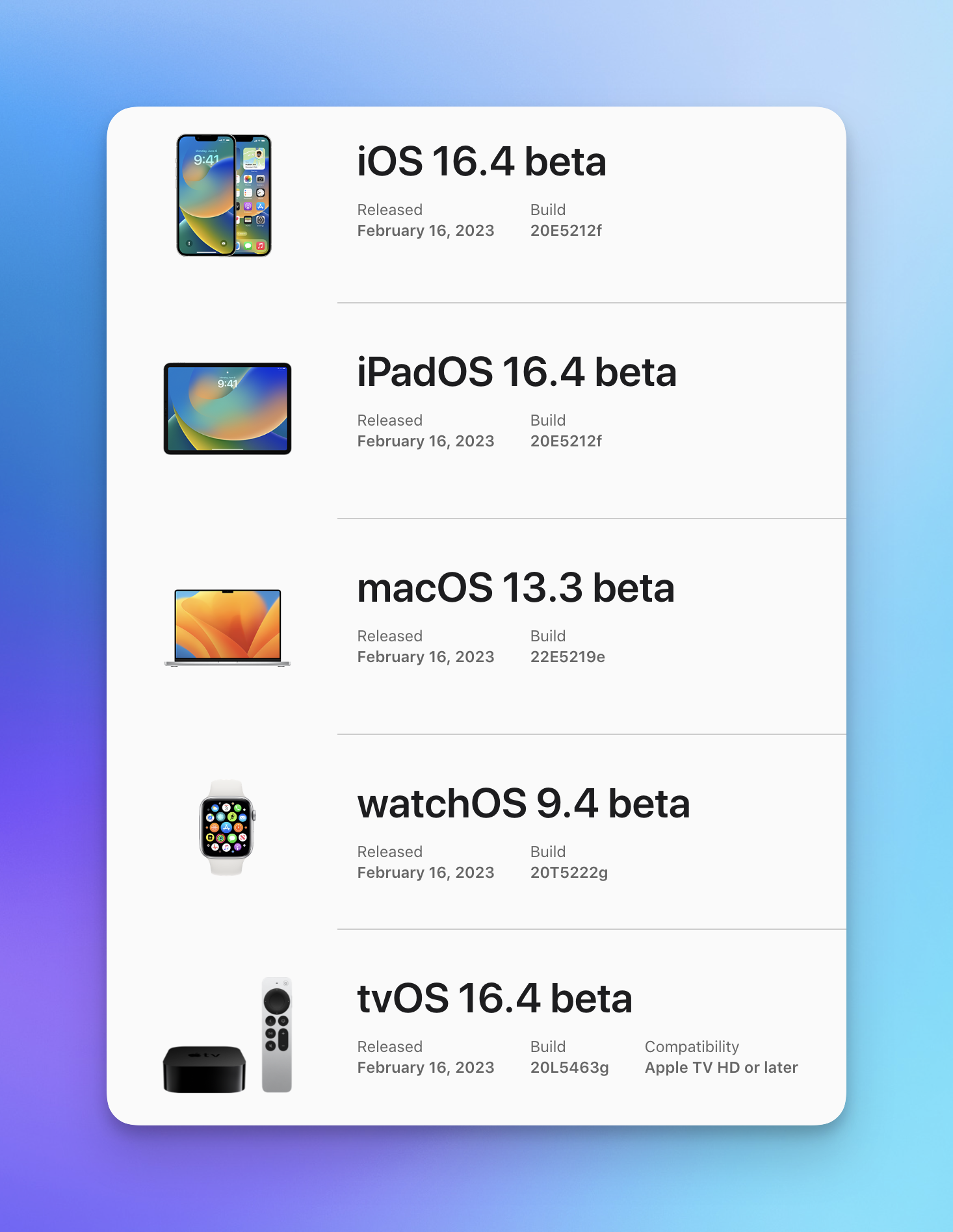It has become the norm for Internet companies to enter the market, but rarely set foot in terminal chips. After all, chipsets for mobile phones and PCs are all high-end players. Qualcomm, MediaTek, Samsung, Apple, Huawei, Intel, etc. developed early, with high technical barriers and abundant funds.
Google, on the other hand, decided to develop its own terminal SoC chip. According to recent media reports, Google's first mobile SoC chip has been successfully taped out recently, and it is expected to be installed in its own Pixel mobile phone and laptop Chromebook in 2021.
It is reported that the chip code-named "Whitechaple" (Whitechaple), jointly developed by Google and Samsung, uses a 5-nanometer process, and also integrates a Visual Core AI vision processor. At the same time, the chip is optimized for machine learning and enhances the functionality of Google Assistant to better support AI and machine learning-related functions.
Obviously, Google is still interested in AI. Other Internet giants may not need to be obsessed with mobile phone processors, but Google has Android. "Android operating system + Whitechapel chip" has brought a wonderful imagination space for Google. Looking horizontally, it seems to be directly in line with Apple's "iOS operating system + A-series chips". Finally, has Google also begun to Apple?
On the surface, Google does want to make a difference. As far as Google is concerned, the AI chip from the cloud to the edge and then to the end has been fully integrated so far. In the past, there was a cloud TPU for data centers, and then there was an Edge TPU for edge devices, and now a SoC chip for mobile terminals has been added.
As far as the author knows, Google's self-developed AI chip TPU is more to reduce its own computing power cost and to better cooperate with AI algorithms, and it does not sell to third parties, but is self-sufficient. The mobile chip is mainly for the hardware experience. Taking mobile phones as an example, Android phones account for more than 80% of the world. When all manufacturers are striving to strengthen AI functions, Google also hopes to provide better on the basis of the operating system. Wouldn't it be beautiful to have AI experience, coupled with confident AI algorithms, form a closed loop of software and hardware? What's more, with the support of old friend Samsung, design and manufacture, it seems that the threshold is not so high, and the difficulty is relatively controllable.

However, Google's move looks beautiful, but the reality is a bit embarrassing, let's take a closer look.
First, let’s take a look at the mobile phone processor market for reference. According to the Counterpoint report, in the list of smartphone application processor chip shipments in 2019, the top five are Qualcomm (33.4%), MediaTek (24.6%), and Samsung (14.1%). %), Apple (13.1%) and Huawei HiSilicon (11.7%). One can imagine how difficult it is for Google to compete for share among these five companies.

Of course, Google also plans to produce and sell its own Pixel mobile phones, but Pixel sales are not good, and its share in the mobile phone market is too small. Unlike Apple, Huawei, and Samsung, which not only have their own mobile phone processor chips, but also compete in the mobile phone field.
Looking at the chip market on the computer side, we all know that Intel is impenetrable, and currently Apple computers also use Intel. Recently, some media revealed that Apple plans to start selling Mac computers equipped with self-developed processors next year, and we will see the performance of Google and Apple next year.
If Google officially launches a mobile chip next year, the blockbuster or innovative artificial intelligence mobile phone is certainly worthy of congratulations. Assuming the effect is not outstanding, how will Google choose? After all, R&D and filming are costly. Even though Google has always been ambitious and invested heavily, it still needs to consider the balance of return and income.

However, this is a necessary move for Google. In the era of artificial intelligence in the future, the integration of software and hardware is the general trend, so self-developed chips are more of Google's directional considerations. In summary, Google is On the way to Apple.
Apple has figured out one thing clearly in the era of mobile terminals, which is to form a closed loop between hardware and software, and the business model is also based on this. Immediately afterwards, Microsoft thought clearly about the combination of software and hardware in the cloud era, and assembled a powerful software system to package and sell cloud services. Microsoft is also secretly building AI chips, but Google Cloud lags behind in the competition, and its B-side service capabilities are lacking.
Starting from AlphaGo, Google's AI strength has spread all over the world. However, in the era of artificial intelligence, how to commercialize and grab more profits is still a difficult problem. With the advancement of artificial intelligence, Google's business actions combining software and hardware have become more obvious, and it will eventually extend its tentacles to terminal chip products, which can also be regarded as a turning point in the layout of the whole scene.
Perhaps artificial intelligence will not be able to set off such a violent wave of mobile Internet and PC Internet in a short period of time, but the trend of hardware and software integration is an industry consensus. Or in the words of industry insiders, hardware is "transparent" and storage is "cloudified". What users need is actually a service experience. You don’t want to buy a set of AI hardware first, and then buy a set of AI software to assemble it. For example, an intelligent translation hardware, of course, you can start the product and translate it directly. There is no reason to use translation software to adapt it.
In the PC era, software and hardware were clearly separated and completely separated. Do you still remember the days when the computer city installed a machine for 50 yuan, and it was very frequent to change hardware and software. In the era of mobile Internet, software and hardware began to be sold together, and the Android operating system was free. Manufacturers could package and improve it by themselves, and users occasionally flashed their phones. Apple was the representative of software and hardware integration. At that time, the public did not pay as much attention to A-series CPUs and cameras as they do now. and other hardware. In the era of artificial intelligence, the public cloud market has risen. Amazon AWS, Microsoft Cloud, Alibaba Cloud, Google Cloud, etc. all provide end-to-end one-stop services. Manufacturers directly deploy complex integrated systems, with little knowledge of software and hardware. Separation, and the integration of software and hardware can also reshape the user experience from the bottom layer to the application.
Even if self-developed terminal chips are a helpless move, Google still needs to try a variety of possibilities.

